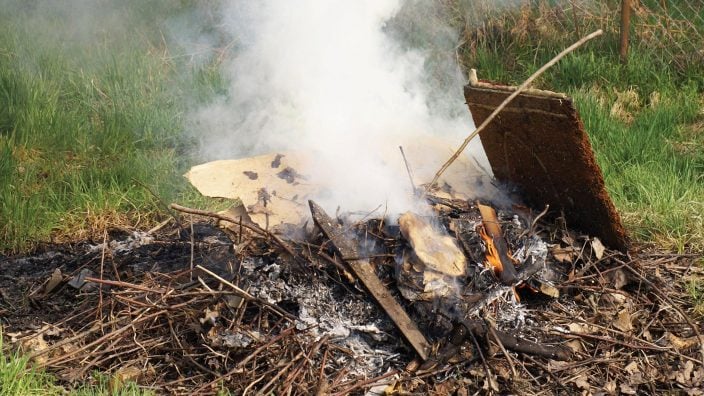Legal with Leah: Changes to CAUV woodland values
As Ohio Farm Bureau Policy Counsel Leah Curtis notes in this Legal with Leah, these changes should result in significant tax savings for many Ohio woodland owners.
Read MoreDuring the months of March, April, May, October and November, open burning in Ohio is prohibited during the hours of 6 a.m. to 6 p.m.
On the previous Legal with Leah, Ohio Farm Bureau’s Policy Counsel, Leah Curtis talked all about the EPA side of open burning. Now we are back to talk about one more aspect of open burning that landowners need to be aware of.
Listen to Legal with Leah, a podcast featuring Ohio Farm Bureau’s Policy Counsel Leah Curtis discussing topics impacting farmers and landowners.
Ty Higgins [00:00:00] Ohio Farm Bureau wants landowners to have quality information to help manage their property. That is where the newly updated Ohio Landowner Toolkit comes into play. It covers everything from how CAUV reduces your tax burden to learning the basics about your property and the law. Leah Curtis, policy counsel for Ohio Farm Bureau, joins us for this Legal with Leah to continue our conversation about a very hot topic in the landowner toolkit. See what I did there, Leah. Open burning. Last time we talked about the EPA’s side of open burning. Now we’re back to talk more about the aspect of open burning for landowners that they need to be aware of. Besides the EPA, there’s another state agency that may have concerns about burning.
Leah Curtis [00:00:42] Yeah, you can resist that, dad joke, could you Ty?
Leah Curtis [00:00:44] The EPA we talked about last time. They’re looking more from an environmental and air quality side of things. I think we all have dealt with a lot of air quality issues related to wildfires recently. So that’s what they’re kind of looking out for. We also have what people often refer to as the ODNR Department of Natural Resources burn ban, which is looking more at the standpoint of protection of our natural resources. And then, of course, remember as well, you also have your local fire department, and they’re more concerned about safety of life and property when you’re talking about open burning.
Ty Higgins [00:01:16] ODNR has an important restriction on burning that landowners need to be aware of as well.
Leah Curtis [00:01:22] So this burn ban, we often refer to it as the ODNR burn ban, it prohibits burning in unincorporated areas. So that’s going to be most rural areas during certain times of the year and times of day. These restrictions are due to the likelihood of fires spreading during these certain times of year, either due to what might be commonly dry conditions or high wind conditions that can often encourage fire to spread easily and easily get out of control.
Ty Higgins [00:01:47] What time is that burn ban in effect?
Leah Curtis [00:01:50] So during the months of March, April, May, October and November, and then the open burning is prohibited during the hours of 6 a.m. to 6 p.m. So it’s just a handful of months but and during those times. But those are times when we do have those higher winds or we may have some dry, windy conditions that can often create fire hazards.
Ty Higgins [00:02:12] Important to note this is not a complete ban. Burning could still occur during these times under certain conditions.
Leah Curtis [00:02:18] So even during those months, even during those times, a landowner can still conduct open burning. What the law says is that fire should be set within a plowed field or garden and be at least 200 feet away from any woodland brush land or fields of dry grass. And of course, these are in addition to the EPA limitations that we talked about last time. So those size limitations and those restricted and unrestricted aerial limitations.
Ty Higgins [00:02:42] Now, this is, of course, part two of this open burning conversation on the Legal with Leah podcast. In the very first one you mentioned how it’s a good idea to check in with local fire departments as you begin these open burning processes. Why is that important? And what else should land owners think about when it comes to open burning?
Leah Curtis [00:02:59] Yes, like I said, your fire department is concerned about safety of life and property. And so talking with them beforehand can help to prevent these misunderstandings. We have a lot of well-meaning people. They may drive by or maybe a neighbor might see smoke or see flames. They’ll be concerned. They may contact the fire department. If the fire department already knows that you’ve planned a burn, they can probably handle that more appropriately than just going on to a call unnecessarily, kind of wasting everybody’s time and resources. And then in addition, like with a lot of things that we do on the farm, it’s always a good idea to give our neighbors a heads up, too. You know, we don’t want to be sending smoke into their graduation party or something like that. So talking with your neighbors, finding out what’s happening in their lives and trying to plan appropriately can help to just solve any problems before they start and keep everybody on a good path.
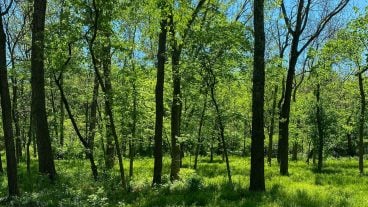
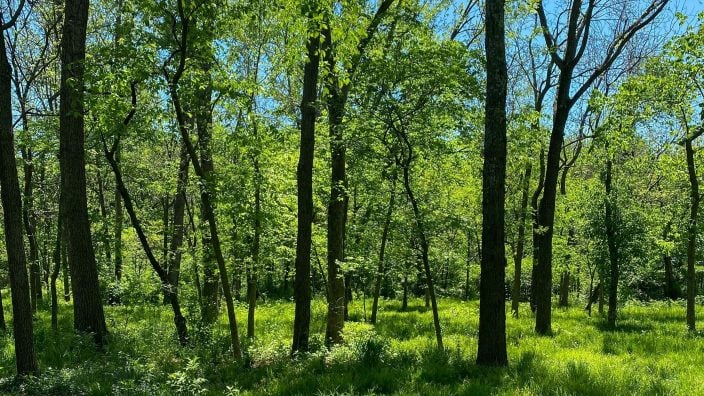
As Ohio Farm Bureau Policy Counsel Leah Curtis notes in this Legal with Leah, these changes should result in significant tax savings for many Ohio woodland owners.
Read More

In the case O’Connor v. Eubanks, the question is, can a state be sued in federal court when it takes a property?
Read More
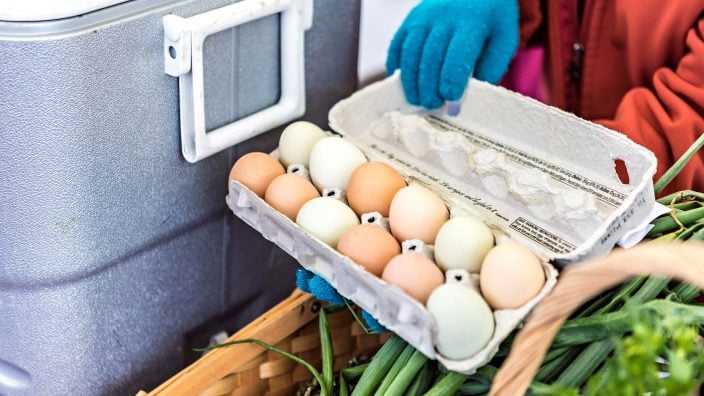
A new low risk license should bring consistency across Ohio in regard to nonmechanical refrigeration.
Read More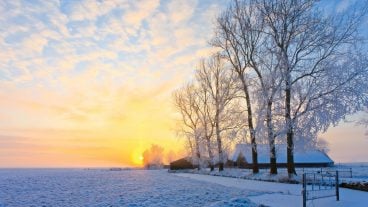
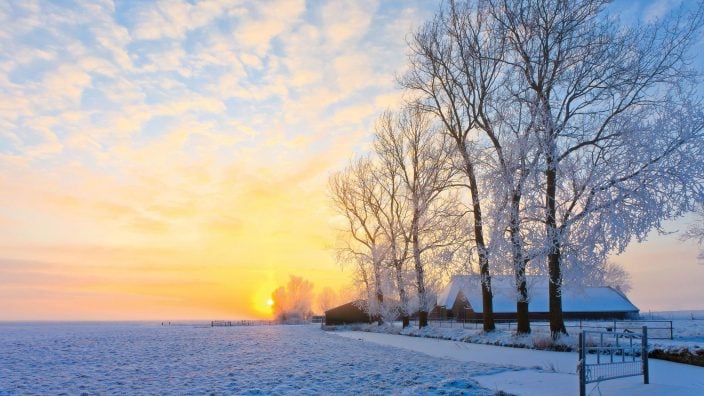
The law requires most businesses to report information about their beneficial owners, and the intent is to try to make it harder to illegally hide assets and commit financial crimes.
Read More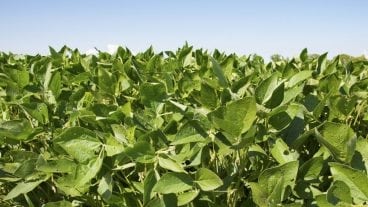
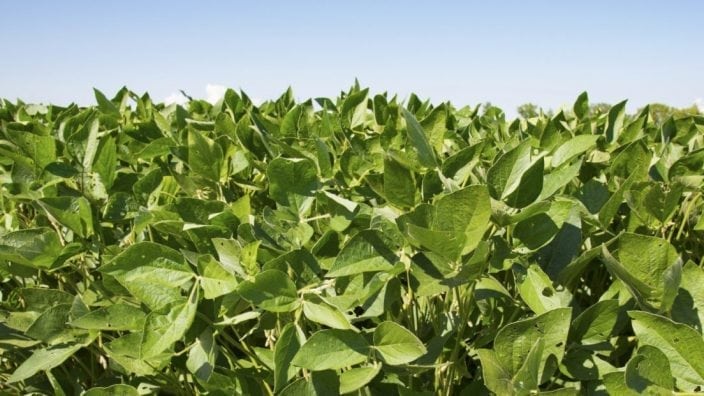
How will this impact Ohio farmers and what can be done to allow for use of the products that have already been purchased?
Read More

What are some of the things landowners need to be aware of, as they might see more people wanting to come out to their property and to rural Ohio for the best seat in the house?
Read More
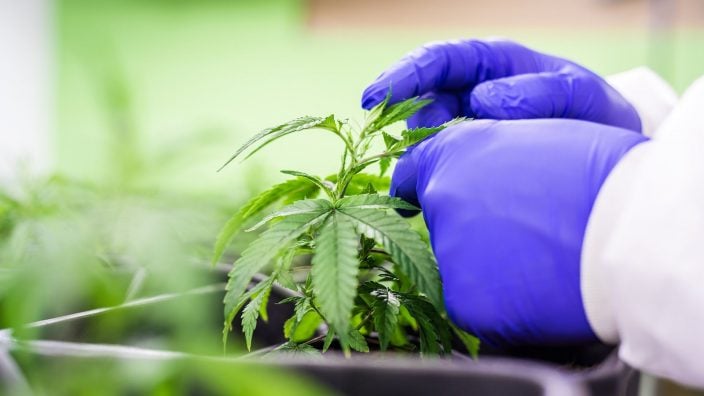
How will passage of Issue 2 impact agribusinesses and farm employers?
Read More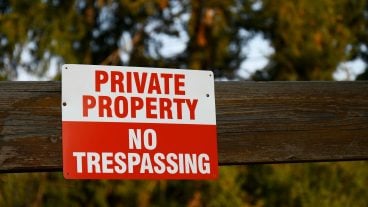
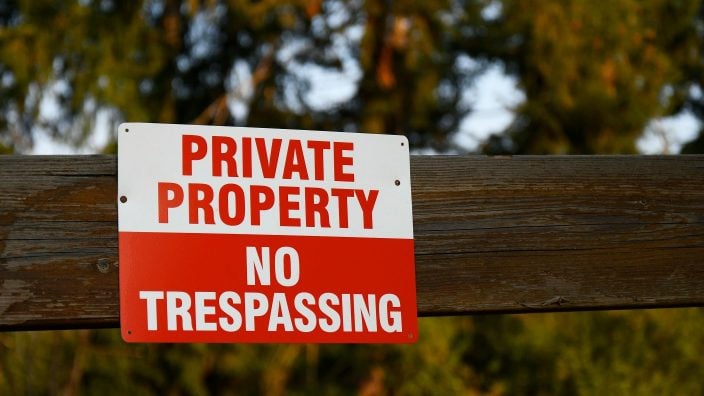
Policy Counsel Leah Curtis discusses Ohio trespassing laws and the liability that can fall on landowners when people enter their property.
Read More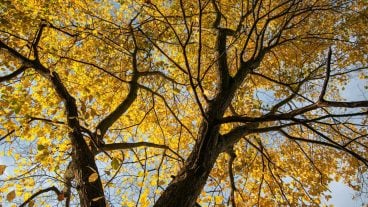
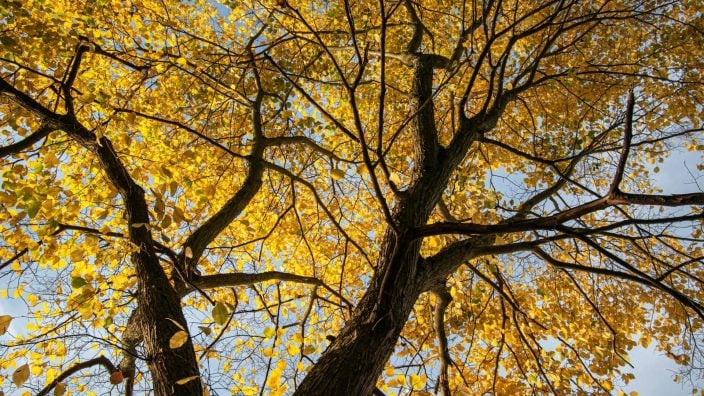
When property owners may have issues with trees or encroachment on their property, they often turn to Ohio Farm Bureau for information.
Read More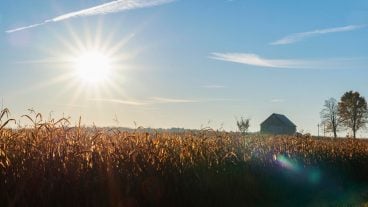
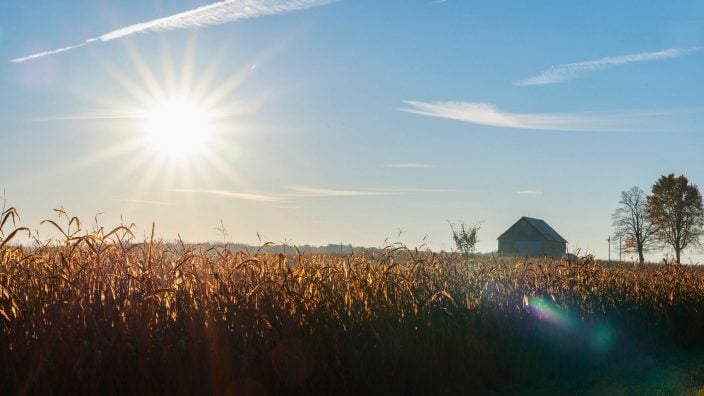
Even though there can be zoning in rural areas of Ohio, there are limitations in the law when it comes to agriculture.
Read More